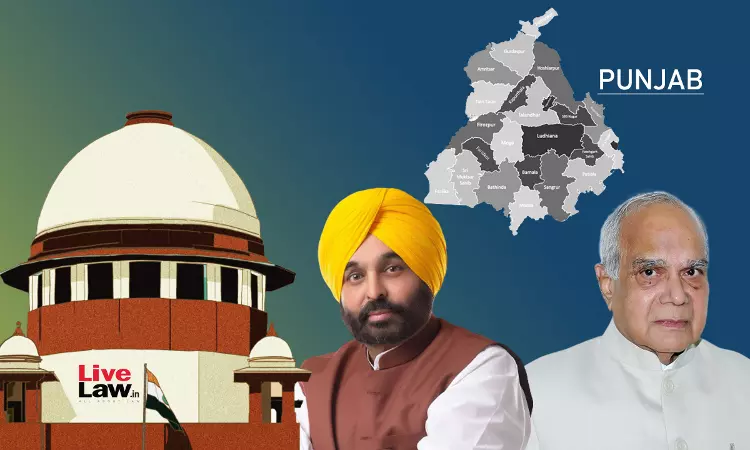Why Governors Act On Bills Only After State Govts Approach Courts? This Has To Stop : Supreme Court
Padmakshi Sharma
6 Nov 2023 11:44 AM IST

"Governors should not be oblivious of the fact that they are not elected authorities", CJI stated.
Next Story


